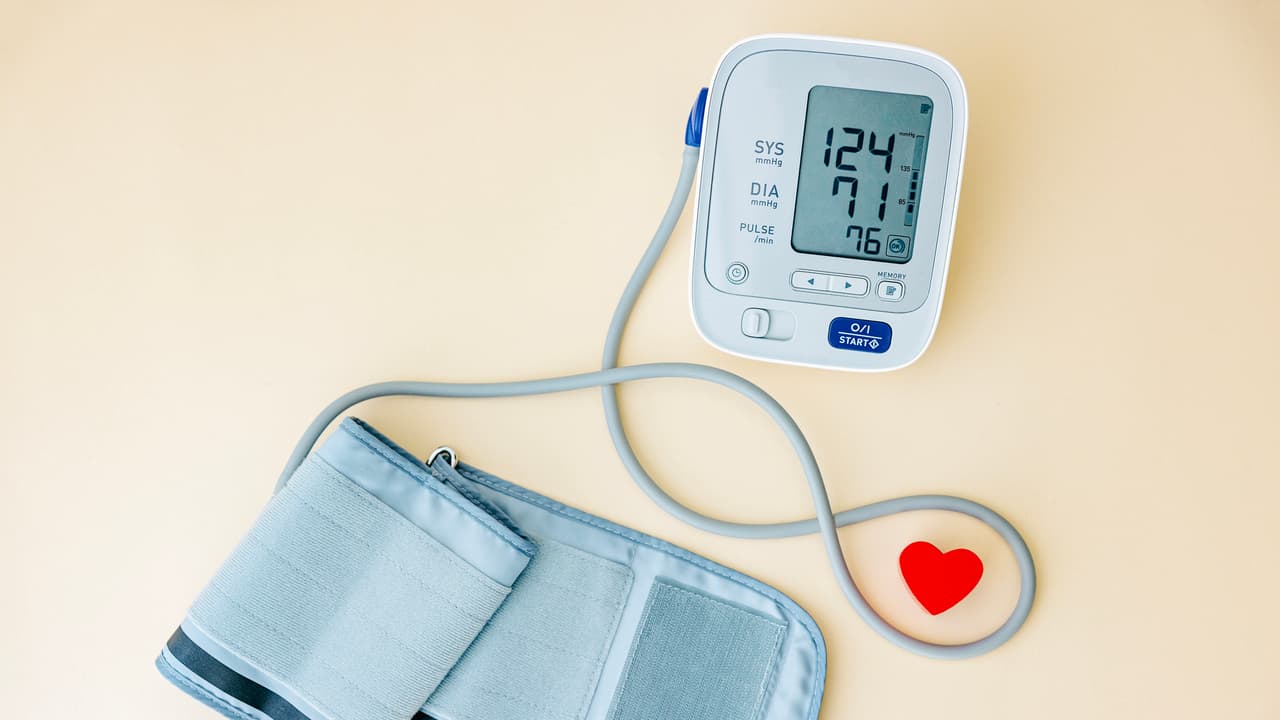Salt substitutes can lower blood pressure safely and affordably, yet fewer than 6% of U.S. adults use them. A 20-year study reveals a missed opportunity to improve heart health and prevent strokes, experts say.
A new analysis presented at the American Heart Association’s Hypertension Scientific Sessions 2025 shows that very few U.S. adults use salt substitutes, even though they are proven to help lower blood pressure safely.
A Simple Fix Few Are Using
High blood pressure affects nearly half of U.S. adults and contributes to more than 130,000 deaths annually. Too much sodium and too little potassium in the diet are key risk factors. Salt substitutes—products that swap some sodium for potassium—offer a simple way to lower sodium intake. But according to researchers, fewer than 6% of adults reported using them, and usage has actually declined over the past two decades.
“Salt substitutes are inexpensive and effective, yet very underused—even among people with hard-to-control blood pressure,” said study author Yinying Wei of UT Southwestern Medical Center.
What the Study Found
- Usage peaked at 5.4% in 2013–2014 before dropping to 2.5% by 2020.
- People with treated but uncontrolled hypertension were only slightly more likely to use them.
- Even among those who could safely switch, adoption rates stayed below 5.6%.
Why It Matters
Salt substitutes could help millions reduce their blood pressure and risk of heart attack or stroke. The American Heart Association recommends no more than 2,300 mg of sodium a day, ideally 1,500 mg. Cutting even 1,000 mg can make a big difference.
However, not everyone should use them. People with kidney disease or those taking certain medications may risk dangerous potassium buildup and should consult a doctor first.
Missed Opportunity for Heart Health
Experts say the findings highlight a major missed opportunity in preventing heart disease. Increasing awareness—among both patients and doctors—could improve adoption.
“The fact that use of salt substitutes remains so low and has not improved in two decades is eye-opening,” said Dr. Amit Khera, American Heart Association volunteer expert.
Researchers now hope to identify barriers such as taste, cost, or lack of awareness, which may explain why so few people take advantage of this simple tool.
